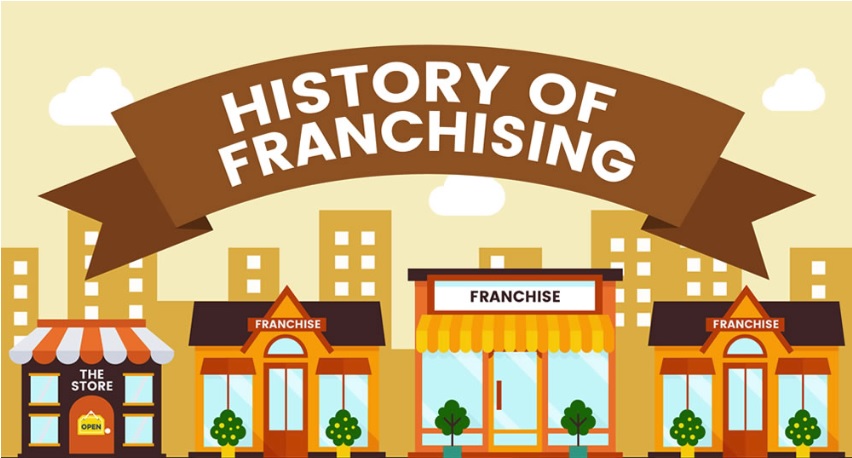
Franchise business has become a dominant force in the global economy, offering entrepreneurs a proven business model and established brand recognition. In this article, we will explore the history of franchise business, tracing its roots and development over the years. By incorporating relevant keywords, we can gain insights into the evolution of this business model.
Origins of Franchise Business:
The concept of franchising can be traced back to ancient civilizations, where craftsmen granted others the right to sell their goods in exchange for a fee or a share of profits. However, the modern franchise business model emerged in the mid-19th century.
Early Franchise Models:
The first notable franchise success story is that of Isaac Singer, who introduced the concept of franchising in the sewing machine industry in the 1850s. He granted licenses to individuals to sell and service his machines, providing them with training and support.
Rise of Fast Food Franchises:
The real boom in franchise business came in the 20th century, particularly with the rise of fast food chains. Ray Kroc’s acquisition of McDonald’s in 1954 and his subsequent franchising efforts transformed the industry. Other major players like Burger King, Subway, and KFC also adopted the franchise model, revolutionizing the restaurant industry.
Legal Framework for Franchising:
The legal framework for franchising started to take shape in the 1960s and 1970s. In the United States, the Federal Trade Commission (FTC) introduced regulations to protect franchisees and establish standards for disclosure. Similar regulations were adopted in other countries, providing a more secure environment for franchising.
Global Expansion:
Franchise business expanded rapidly across industries and geographical boundaries in the late 20th century. Brands like Coca-Cola, Starbucks, and Hilton Hotels achieved global success through strategic franchising, taking advantage of local market knowledge and resources.
Diversification of Franchise Models:
The franchise business model has evolved beyond fast food and retail. Today, there are franchise opportunities in various sectors, including healthcare, education, technology, and services. This diversification has opened up new avenues for entrepreneurs to explore.
Technological Advancements:
The digital age has transformed franchise business operations. Technology advancements have facilitated efficient communication, streamlined supply chains, and enabled the development of online platforms for marketing and sales.
Conclusion:
The history of franchise business showcases its growth from humble beginnings to a global phenomenon. From its origins in ancient civilizations to the rise of fast food franchises and the establishment of legal regulations, franchising has become a powerful business model. Today, it offers aspiring entrepreneurs the opportunity to leverage established brands and proven systems. As the franchise industry continues to evolve, embracing technological advancements and diversifying into new sectors, it remains a compelling option for those seeking business success.